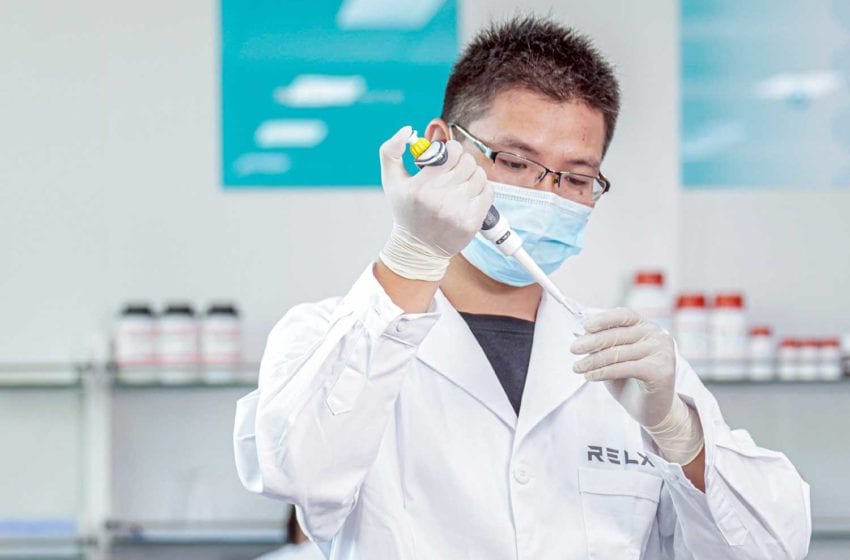RELX Registers its Clinical Research
- Featured News This Week Science
- February 13, 2022
- 0
- 0
- 2 minutes read


RELX has initiated China’s first clinical research on vaping safety. The company is studying the acute effects of traditional cigarettes and electronic cigarettes on the human respiratory system and cardiovascular system. This month, RELX registered its clinical research with the China Clinical Trial Registry, a primary registry in the World Health Organization Registry Network.
In a press release, REXL took the opportunity to highlight its commitment to cross-disciplinary fundamental research into atomization mechanisms, so as to explore the long-term health effects of vaping.
In March 2021, RELX conducted clinical research on the metabolism and kinetics of nicotine. In both clinical studies, RELX used the vaping devices made by its strategic partner Smoore.
Moreover, in September 2021, RELX and Smoore took the lead in drafting two industry standards “General Technical Specifications for Electronic Atomization Devices” and “Safety Technical Specifications for E-liquid”, led by the Electronic Cigarette Industry Committee of China Electronic Chamber of Commerce.
In October 2020, the National Natural Science Foundation of China approved a research program on vaping harm reduction jointly conducted by Smoore and Tongji University. Over the next few years, Smoore and Tongji University will continue to conduct a series of studies on the health effects of vaping.
In January, Smoore launched the world’s thinnest ceramic coil vape pod solution—FEELM Air—in London. Compared with last generation, FEELM Air boasts an overall harm reduction performance improvement of 80 percent.
On Dec. 2, 2021, China’s State Tobacco Monopoly Administration issued the draft rules governing e-cigarettes following the regulator’s release of the exposure draft of national standards of e-cigarettes on Nov. 30, 2021.
As China’s national standards of e-cigarettes come into effective, RELX said it will continue to increase its R&D investment and examine the harm reduction of vaping via scientific substantiation.